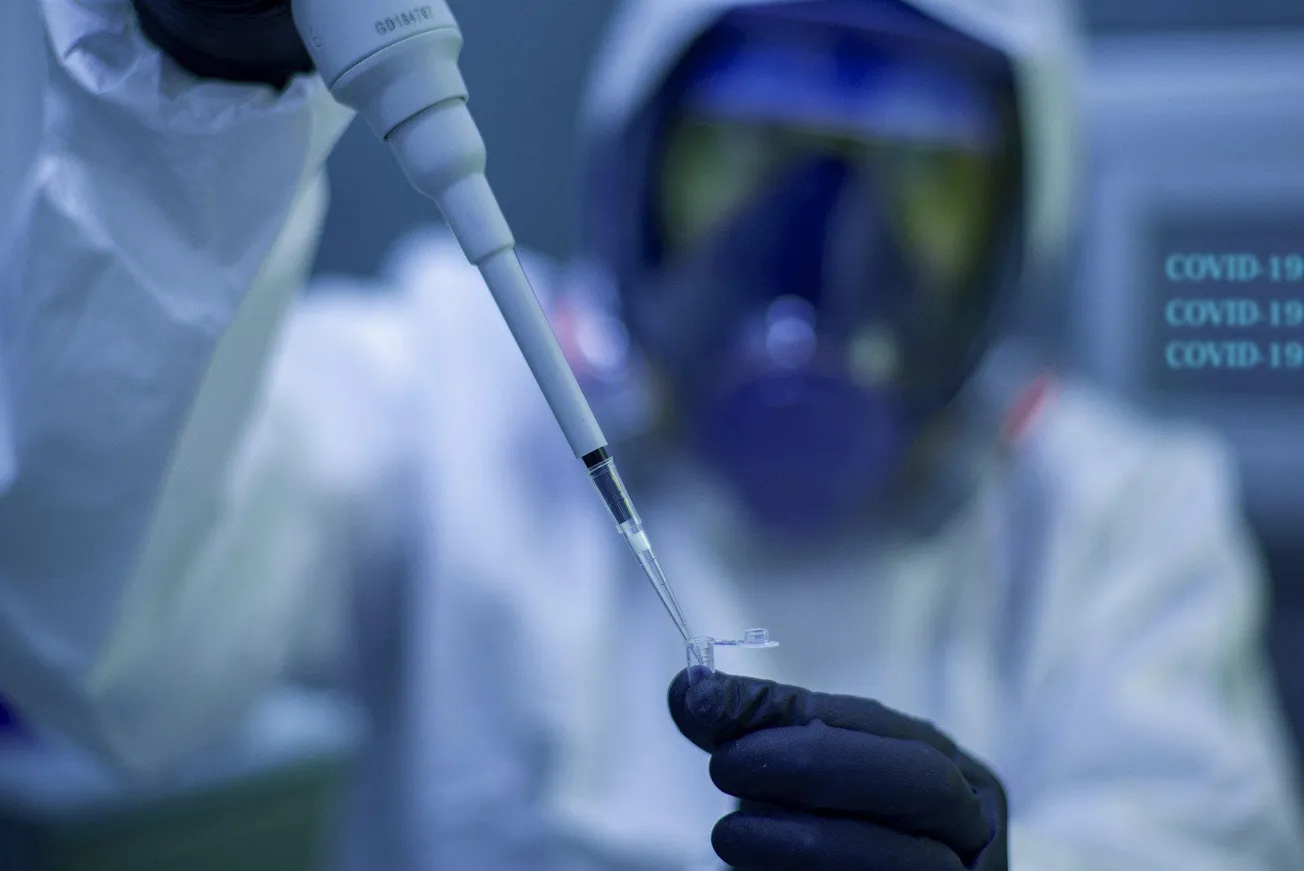Alicia Barcena, executive director of the UN’s Economic Commission on Latin America and the Caribbean, (ECLAC), on March 4 presented the organization’s annual Social Panorama for Latin America 2020 report, which shows a dramatic increase in extreme poverty and generalized poverty in the region as a result of the coronavirus pandemic and the economic crisis it has triggered. By the end of 2020, the report states, there were 29 million more poor people in the region than in 2019, reaching a total of 209 million. These numbers of people living in general poverty, 33.7% of the population, haven’t been seen since 2008, and those in extreme poverty, 12.5% of the population, since the year 2000, the report revealed, reported Telam news agency. Barcena indicated that had it not been for emergency relief packages issued by most governments, amounting to $86 billion, the crisis would have been far worse.
The report details how the COVID pandemic and its associated economic crisis have ravaged the region, pointing to increased unemployment, a decline in income, the inability of people to work remotely when necessary, greater inequality, etc. Increasing numbers of people try to eke out an existence in the “informal” economy, with greater difficulty. The official unemployment rate for the region is 10.7% (probably low), an increase of 2.7% over 2019. GDP for the region declined by 7.7% in 2020; 2.7 million companies closed.
The Ibero-American and the Caribbean region is one of the worst-hit regions in the world in terms of COVID. With 8.4% of the world’s population, as of December 2000 the region accounted for 18.6% of all cases and 27.8% of deaths globally. Vaccination programs are progressing very slowly in most countries. Barcena pointedly warned, Telam reported, that there’s no chance of the region attaining herd immunity in 2021, due to the “enormous international hoarding” preventing access to vaccines, combined with logistical problems that affect distribution.
In addressing the crisis, Barcena stressed that her previous call for a new “social pact,” is “more relevant than ever … we are seeing a moment of heightened uncertainty in which neither the way out of the crisis, nor the speed of that process is yet known.” She called for a return to the public policies, embodied in the concept of the “welfare state,” including social protection, (social safety net), providing universal health care, guaranteeing a universal basic wage, etc. But really, the situation calls out for incorporating Ibero-America and the Caribbean into the Belt and Road Initiative, or the North American Belt and Road Initiative (NABRI), as the only way to address the desperate situation Barcena described, in the context of creating a New Paradigm of international relations, a rebuilding of the global economy and its healthcare system, among other things.




